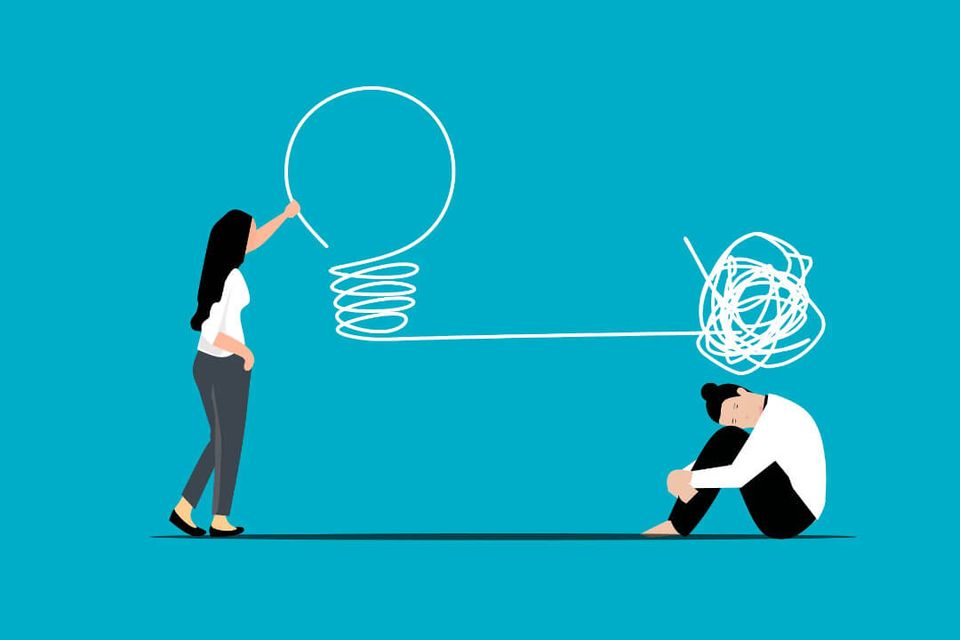What Is Evidence-Based Treatment?
Evidence-based practice (EBP) in mental health is an approach to treatment that integrates three key components:
- The best available research evidence: This is the cornerstone of EBP. It means that the treatments used have been rigorously studied and shown to be effective for specific mental health conditions through controlled, peer-reviewed research.
- Clinical expertise: A therapist's experience and judgment are vital. This isn't a "cookbook" approach to therapy. An expert clinician knows how to adapt and tailor a proven treatment to a client's unique needs, personality, and cultural background. They understand when to stick to the protocol and when to make informed alterations to fit your needs.
- Patient characteristics, values, and preferences: Your input is not only valuable but essential. EBP is a collaborative process. The therapist and client work together to set goals, choose a treatment that aligns with the client's values, and track progress. Your personal experiences, beliefs, and goals are an integral part of the treatment plan.
The term "evidence-based treatment" isn't just about a specific technique; it's a holistic approach to care that prioritizes effectiveness, personalization, and collaboration.


